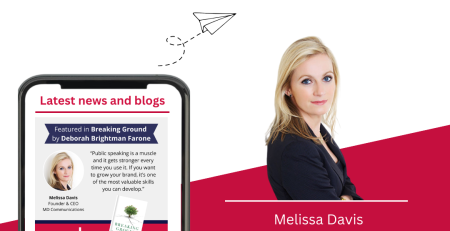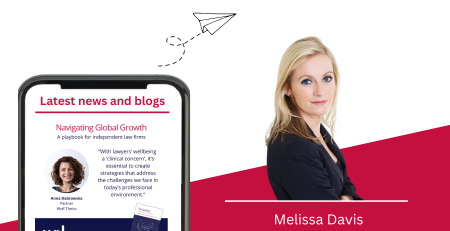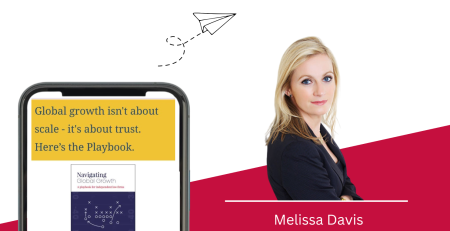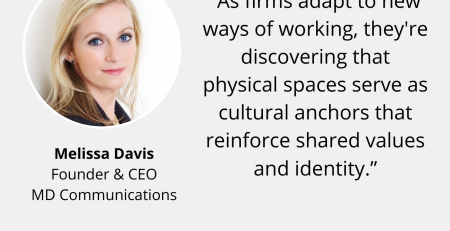In the context of successful marketing, the question of what influences people to make the decisions they make is absolutely crucial. The question of where that influence comes from – that which drives people and organisations to make decisions to take certain options is a big one. Peer-to-peer recommendations have been a key part of this in the law for many years now and look like becoming increasingly more important as we all seek to separate the ever-expanding bombardment of marketing messages from genuinely high quality products and services.
Peer-to-peer recommendations essentially turn existing customers into brand advocates who can have considerable influence in promoting a brand to their peers simply by recommending it on the basis of their own experiences. A recent survey carried out by the social influence marketing platform CrowdTap found that an incredible 92% of people rely on recommendations from people they know and that this is the top method most people choose for selecting products and services over everything else, including advertising. If you think about the mechanics of a recommendation then this makes complete sense – whether in a business or a personal context, what the recommendation does is provide the reassurance of an experience already had, and a view on the positives and negatives of that experience that is coming from an independent third party, rather than via the marketing machine of the business itself.
This is why peer-to-peer recommendation is so very powerful for business, particularly in an industry like the law where trust is a serious obstacle, both for consumers choosing a legal representative and for law firms and other vehicles for legal services delivery with a reputation to build and protect. Being given a recommendation by someone you trust, someone essentially in the same boat as you, is second only to trying a product or service for yourself.It’s because of the effectiveness of peer-to-peer recommendation in creating brand ambassadors that it is being increasingly employed in growth strategies. One very good example of the way in which this kind of recommendation can produce positive results for all parties is the brand QualitySolicitors which offers the opportunity to join its group to like minded law firms looking to be part of its network, those that have the same ambitions and focus with respect to innovation, as well as those looking to take advantages of the savings of being part of a larger buying group.
In an innovative example this week a double page advert in the Law Society Gazette featured Tammy Parnell of QualitySolicitors Clapham-Collinge and Martyn Morgan from QualitySolicitors Talbots who lend not only their names but also their faces as existing partner firms to explain both the mechanics and the benefits of being part of the organisation, as well as offering their contact details to share their experience – an inside view on whether the opportunity might work for others. This is likely to have a mixed response from Gazette readers but there is no getting away from the fact that if someone is willing to put their face across a double page spread in the biggest circulation legal trade magazine, without being paid, then they must really believe in the product they’re advocating.
As marketing becomes increasingly more important in the legal sector, every avenue must be explored. Those looking for effective advocates for their business might want to start looking into the peer-to-peer recommendation option, sooner rather than later.











